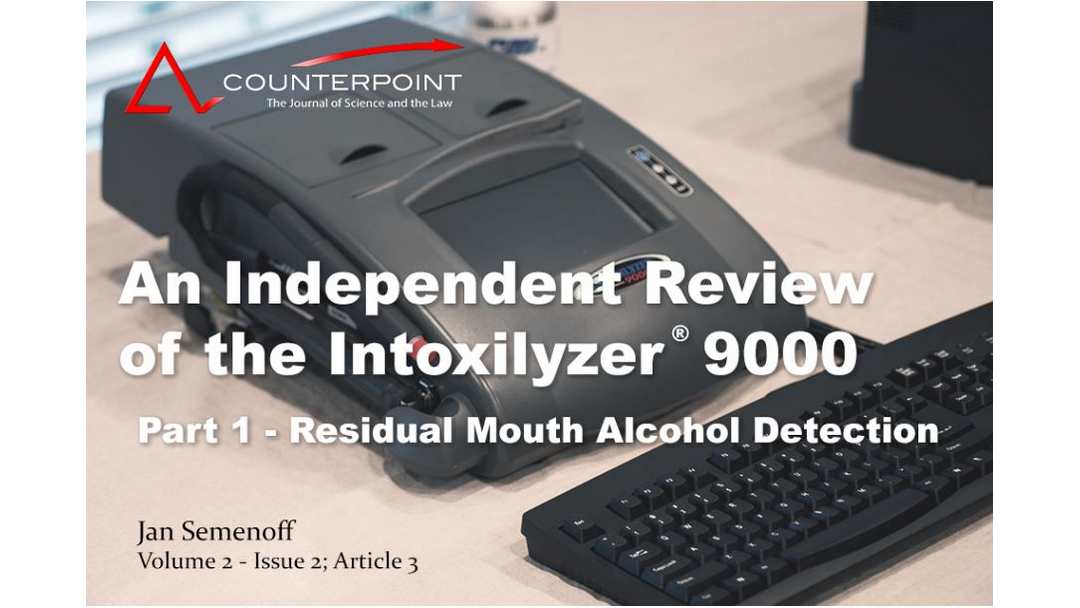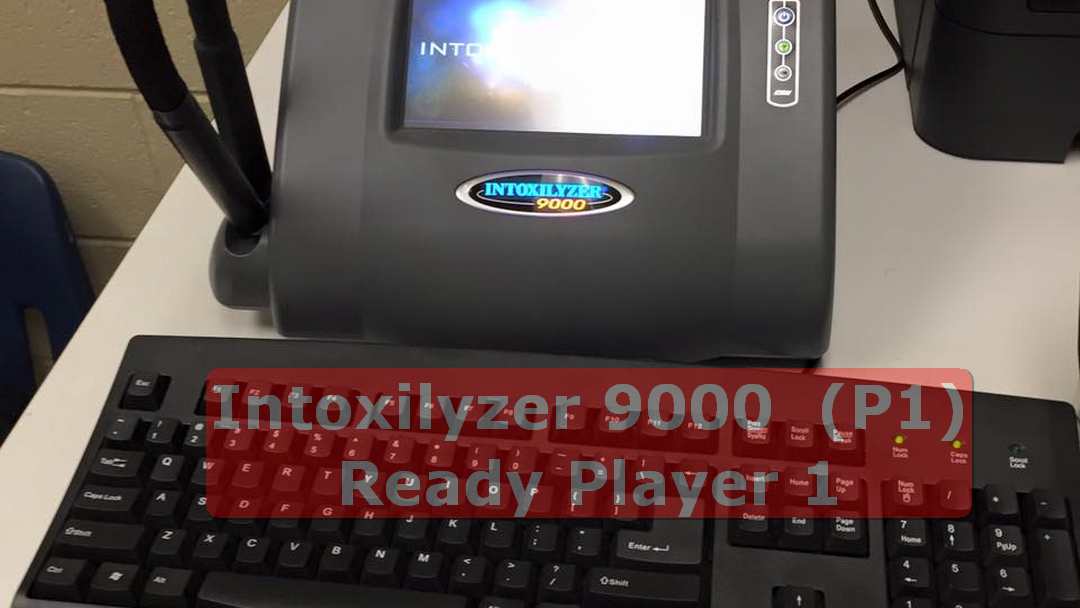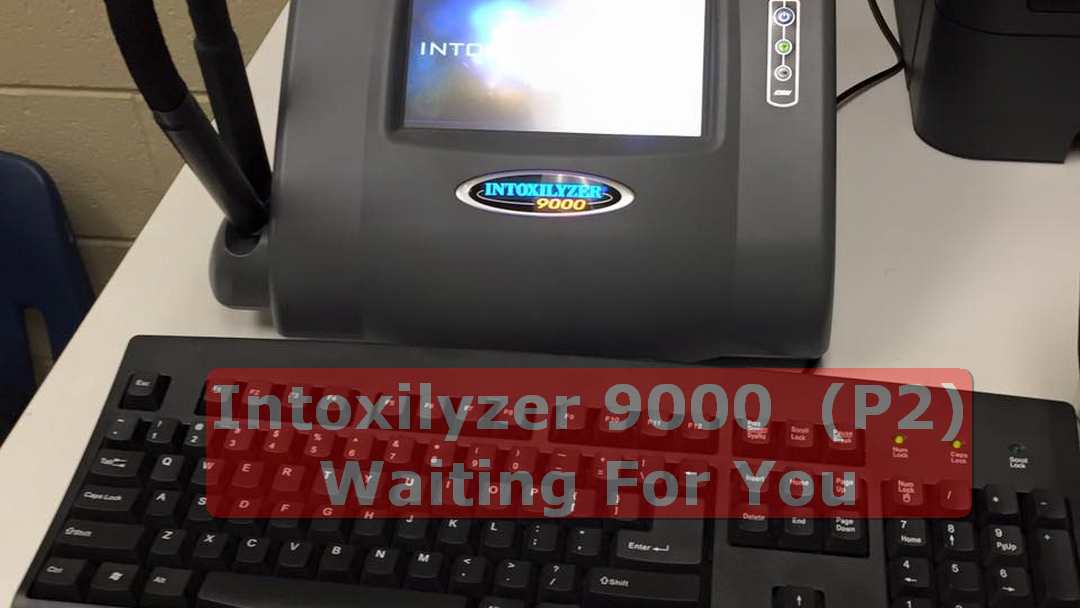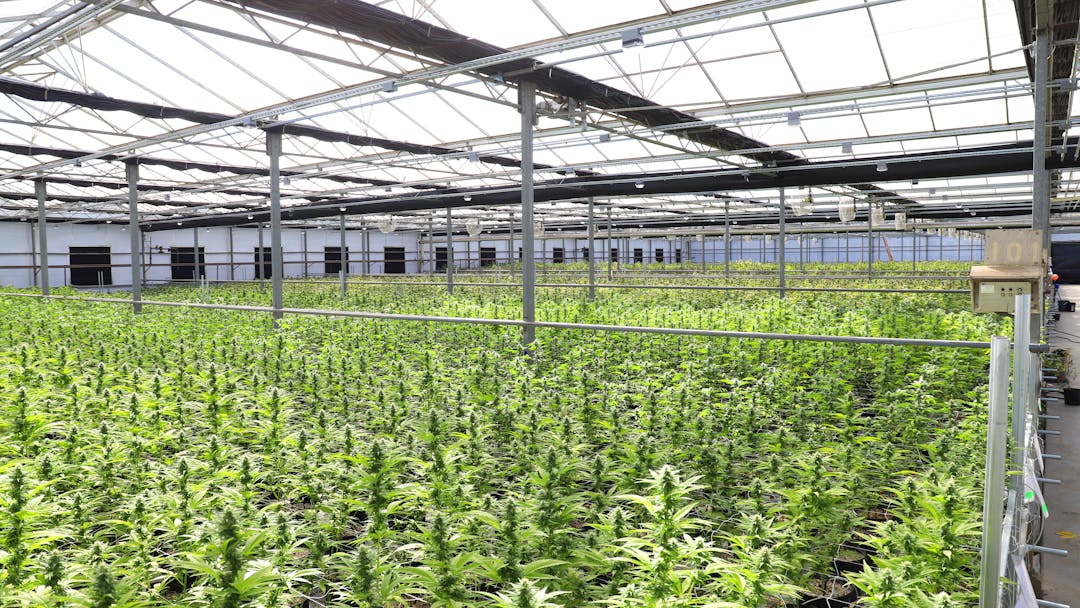Following The Money
Large cash transactions by marijuana businesses should not be automatically flagged as suspicious, as per the latest IRS guidance.
The tax agency’s guidance aims to provide clarity on the federal Bank Secrecy Act, which mandates businesses, including banks, to submit Form 8300 within 15 days if they receive $10,000 or more in cash.
Those forms enable the filer to categorize a transaction as “suspicious,” providing vital information for investigation by the IRS and the Financial Crimes Enforcement Network (FinCEN) into potential criminal activity.
But classifying a cash transaction from a legitimate cannabis enterprise as suspicious in a defensive manner is a misuse of that designation,” cautioned IRS Special Counsel Charles Hall in a memorandum dated January 22nd.
Links to the IRS Releases
Related Articles
$87 million in adult-use marijuana payments to be sent out across Michigan
The Michigan Department of Treasury today announced that more than $87 million is being distributed among 269 municipalities and counties as a part of the Michigan Regulation and Taxation of Marijuana Act. Over the next few days, 99 cities, 30 villages, 69 townships...
Protest about marijuana and tobacco sales to kids
Protest about marijuana and tobacco sales to kidsWatch the report here on Channel 7 WXYZ TV Detroit (who disabled the embedding feature)Related ArticlesMore Posts
Michigan: No Evidence of Widespread Discriminatory Policing Practices
No Evidence of Widespread Discriminatory Policing PracticesNever Ending Quest January 18, 2024 In the department’s continuing work to research and address racial disparities in traffic stops, independent consulting firm CNA has determined that racial disparities...
DEA – AG Miss Deadline to Respond on Cannabis Rescheduling
The Drug Enforcement Administration persists in maintaining secrecy around their process, disregarding a congressional request for transparency.Never Ending StoryThe Drug Enforcement Administration (DEA) and Attorney General Merrick Garland missed a Feb. 12 deadline...
More Posts

An Independent Review of the Intoxilyzer 9000
An Independent Review of the Intoxilyzer 9000 Part 1 - Residual mouth alcohol detection Counterpoint Volume 2; Issue 2 - Article 3 (August 2017) An article in the Core...

The Intoxilyzer 9000 (part 1)
The Intoxilyzer 9000 (part 1 of 2)Roll-Out The Michigan State Police (MSP) initiated Intoxilyzer 9000 (Intoxilyzer) training for police officers statewide, commencing...

The Intoxilyzer 9000 (part 2)
The Intoxilyzer 9000 (part 2 of 2)Using it The Intoxilyzer is user-friendly and equipped with a built-in feature to alert officers of any potential issues. As a...

Our Kids are Dying of Drug Overdoses
THE KIDS AREN’T ALRIGHT, THEY’RE DYING OF DRUG OVERDOSESFrom May 2022 to May 2023, the Centers for Disease Control and Prevention reported an alarming 37 percent...

How DUI Charges Impact Your Child’s Future
In Michigan driving is considered a privilege. with this privilege comes immense responsibility, especially when it comes to driving under the influence (DUI) as well...

Rescheduling Marijuana Would Be a Threat to Public Health
Kevin Sabet of Smart Approaches to Marijuana says policy makers need to learn from their mistakes with hemp when considering marijuana rescheduling. It’s rare for...

Meet MiChap
Climate and Health Adaptation ProgramYou must save yourself from yourself.Meet MICHAPOur Vision: Michigan's public health system fosters equitable health and wellbeing...

Feds discover new methods to distinguish hemp and marijuana to assist crime labs
Federally funded researchers have uncovered two methods to divide and diversify the difference between hemp and cannabis to assist to crime labs. Because Cannabis is...

Laws passed by Michigan lawmakers in 2023 will take effect
Several new laws passed by Michigan lawmakers in 2023 will take effect on Tuesday, Feb 13, 2023Making use of the first combined Democratic majority in the state House,...

Legal Consequences of Rescheduling Marijuana – 2024
Legal Consequences of Rescheduling Marijuana Jan 2024 a report from the Congressional Research Service.












